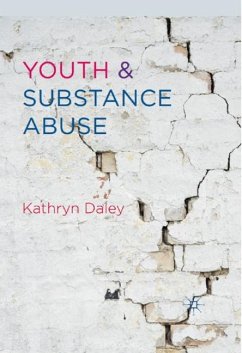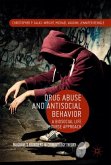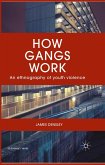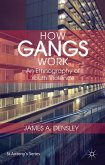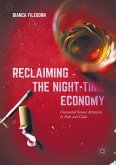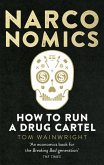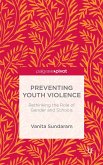This book provides a sociological examination of young people's pathways into, and out of, substance abuse. Drawing from in-depth, life-history interviews with over sixty young people who have experienced problematic drug use, the author uses participants' narratives to throw light on the relationship between trauma and issues such as homelessness, crime and self-injury.
Contesting the view that substance abuse is either a medical issue or individual failing, the book examines the wide variety of factors which lead to youth substance abuse such as extreme poverty and other structural factors. Whilst it does not overlook individual agency, the rich descriptions from young people's oral histories show us that the contexts in which agency was exercised, was often considerably constrained by significant structural forces. The sociological concept of 'situated choice', which is used to explain and understand how people make choices within their individual context, is used throughout the book as we witness young people wrestling to escape intergenerational disadvantage.
The book will be of interest to scholars and students of Social Work, Social Policy, Youth Studies, Sociology and Health Studies.
Contesting the view that substance abuse is either a medical issue or individual failing, the book examines the wide variety of factors which lead to youth substance abuse such as extreme poverty and other structural factors. Whilst it does not overlook individual agency, the rich descriptions from young people's oral histories show us that the contexts in which agency was exercised, was often considerably constrained by significant structural forces. The sociological concept of 'situated choice', which is used to explain and understand how people make choices within their individual context, is used throughout the book as we witness young people wrestling to escape intergenerational disadvantage.
The book will be of interest to scholars and students of Social Work, Social Policy, Youth Studies, Sociology and Health Studies.

